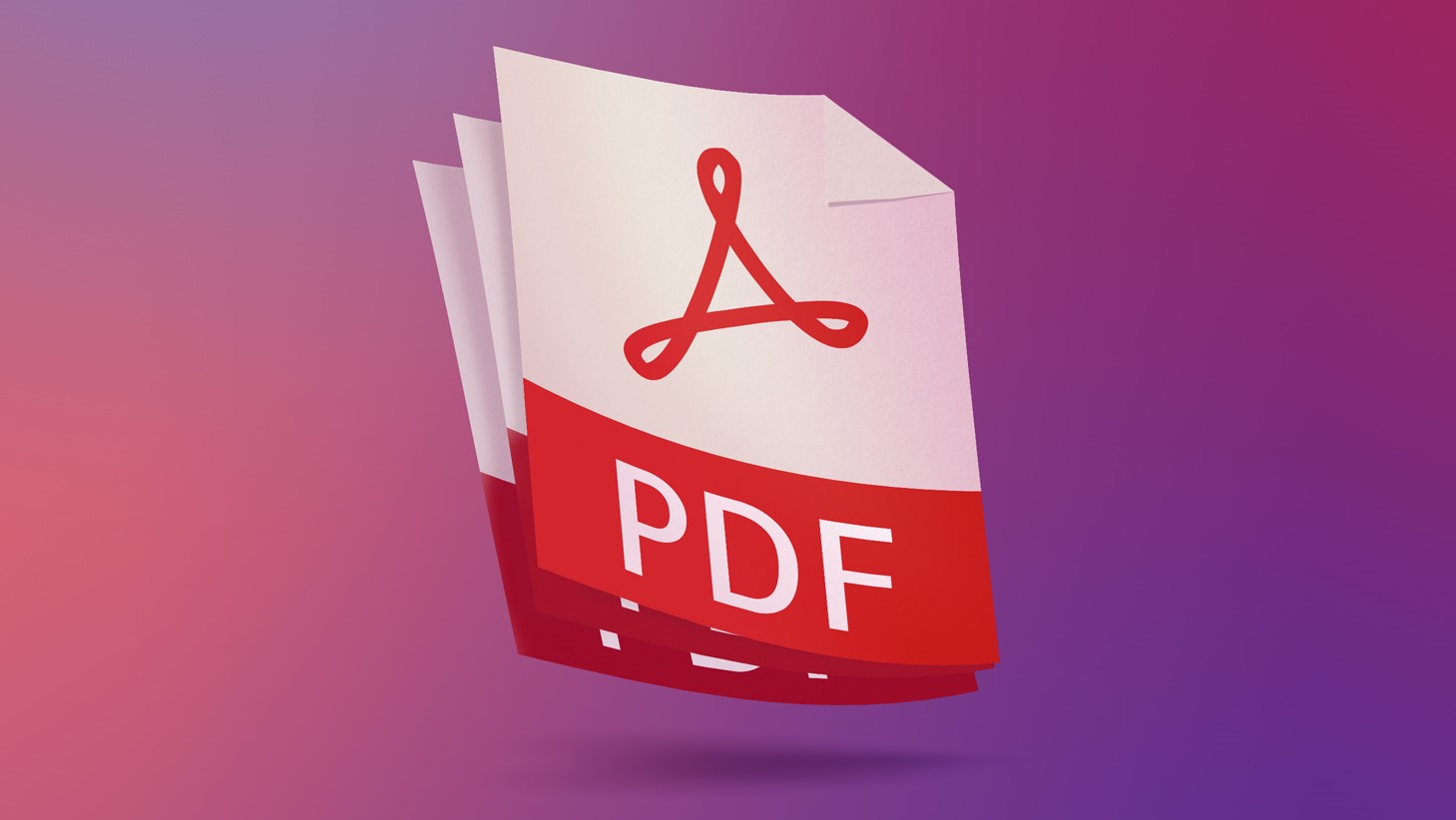PDFs may have even more security flaws than we thought
Major PDF-generation apps have already patched the vulnerabilities

Security researchers have discovered two vulnerabilities in the PDF specification that enable attackers to stealthy alter the contents of certified documents.
The vulnerabilities were discovered by academic researchers from Germany’s Ruhr-University Bochum, and will be presented in the on-going 42nd IEEE Symposium on Security and Privacy.
The researchers explain that the vulnerabilities particularly impact certification signatures in PDF documents. Unlike normal PDF signatures, certified signatures permit changes to enable a second party to sign the document. However, due to the vulnerabilities, the second party can also change the content of the contract without generating any warnings.
We're looking at how our readers use VPN for a forthcoming in-depth report. We'd love to hear your thoughts in the survey below. It won't take more than 60 seconds of your time.
- Here’s our collection of the best PDF readers
- These are the best PDF editors currently available
- Also check our list of the best endpoint protection tools
The researchers were able to circumvent the integrity of the protected PDF documents with two new attacks they’ve colorfully dubbed called Sneaky Signature Attack (SSA) and Evil Annotation Attack (EAA).
Breaking certification
Certified PDFs are an asset in the business world, even more so with the drop in physical meetings in the post-Covid world.
When using certification signatures, the party who issues the document and signs it first can also determine the changes the other party is allowed to make, such as comments, adding text in special fields, or a second digital signature.
Using the SSA and EAA attacks the researchers were able to successfully display completely different content in the document, without invalidating the certification.
Are you a pro? Subscribe to our newsletter
Sign up to the TechRadar Pro newsletter to get all the top news, opinion, features and guidance your business needs to succeed!
The developers altered documents with 26 PDF apps, and were able to break the certification with at least one of the attacks in 24 of the apps.
After combing through the researcher’s findings, The Register notes that major PDF-generation apps, such as Adobe, LibreOffice, and Foxit, have already patched the vulnerabilities, though some smaller PDF tools have been slower to respond.
- We've also highlighted the best antivirus solutions
Via The Register
With almost two decades of writing and reporting on Linux, Mayank Sharma would like everyone to think he’s TechRadar Pro’s expert on the topic. Of course, he’s just as interested in other computing topics, particularly cybersecurity, cloud, containers, and coding.
